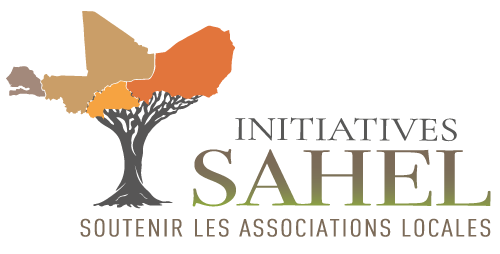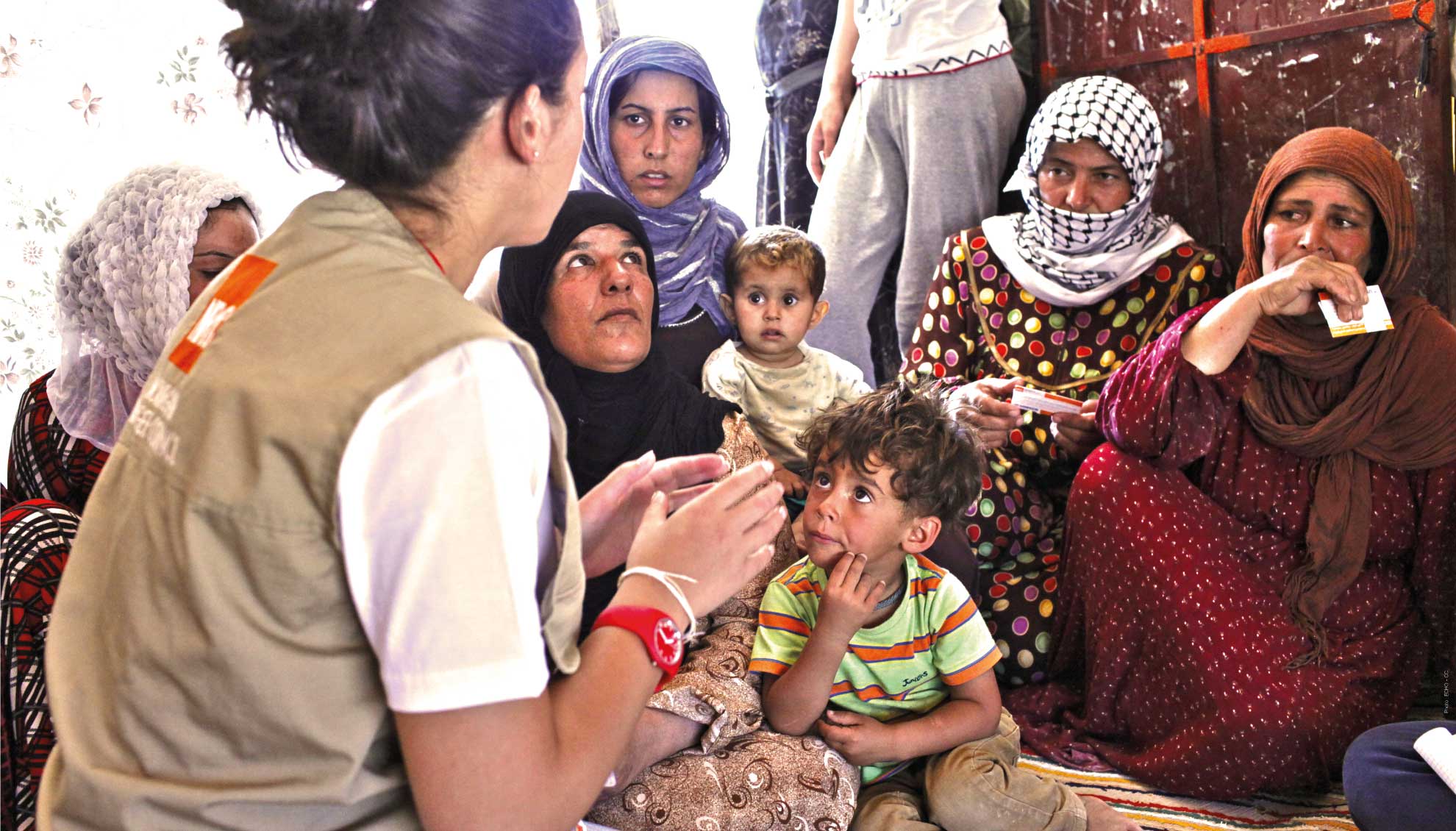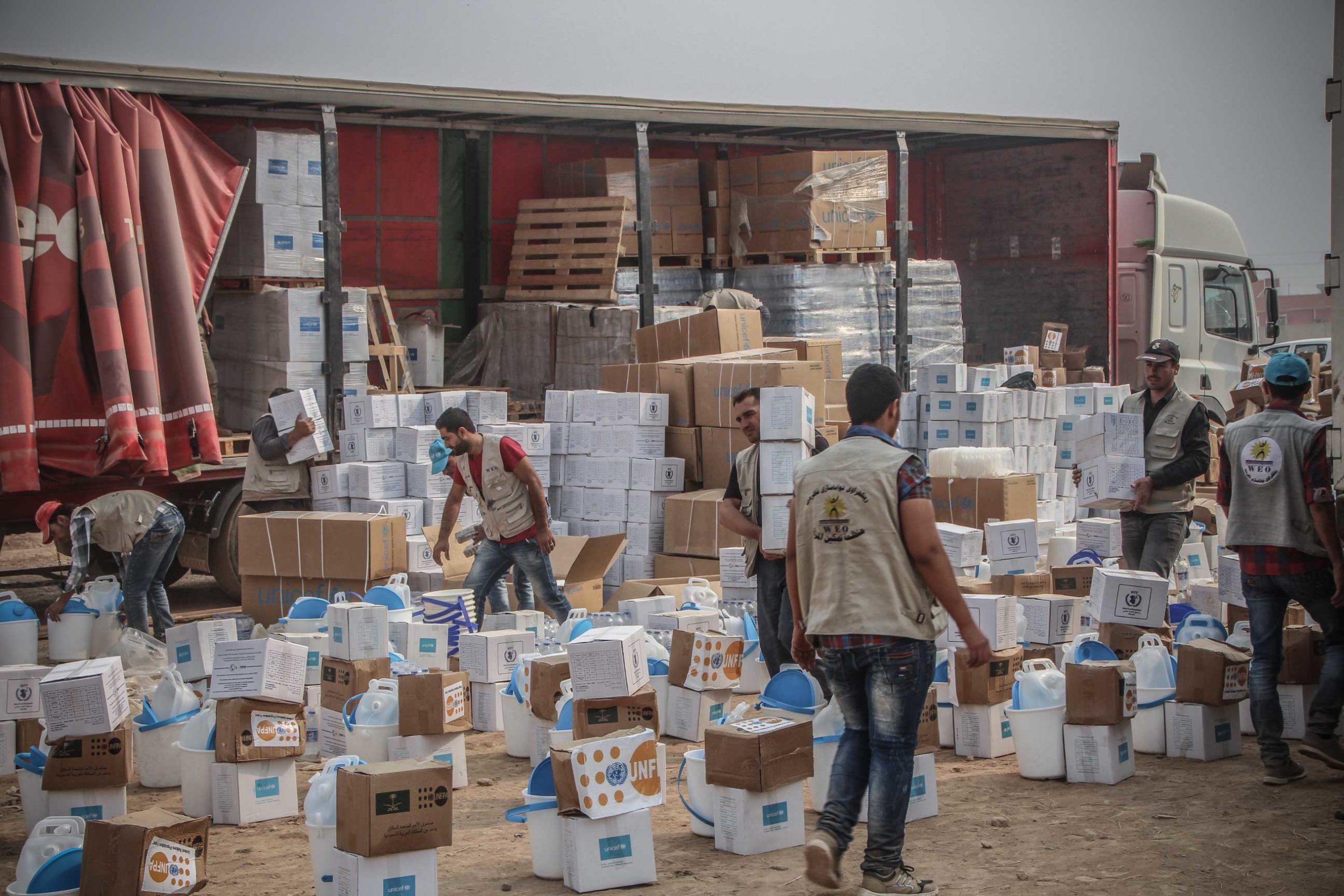
Intervention strategy
Today, 305 million people are in need of humanitarian assistance worldwide. Complex crises are increasing and in order to ensure vulnerable populations have access to adapted and high-quality aid, we fervently believe that humanitarians need to be empowered. Empowered to provide effective, high-quality, discerning, professional and responsible aid.
Behind each and every effective humanitarian intervention there is a trained, qualified professional.

learn
The organisation and implementation of aid is changing radically: it needs to be more sustainable, fairer, more local, more inclusive, and more effective. Aid workers’ professional development must therefore keep evolving accordingly, in terms of skills and behaviour, as well as personal motivation. These three dimensions are key drivers to ensure aid is not only effective, but also sustainable.
Aid organisations face the same challenge: how to recruit enough qualified, operational staff. The scale of this problem is such that it can compromise the responsiveness, and over time, the volume of aid provided. Yet many people are keen to get involved in helping others. The problem is not a lack of commitment, rather a lack of training to help these people find employment. We remain mobilised to nurture a pool of humanitarian workers worldwide by creating the appropriate training programmes.
In parallel, it is important to create the conditions for those already recruited to develop and strengthen their skills throughout their careers in order to improve their practice and evolve within their organisation. For this, each year we gradually increase the number of training sessions in key professional skills in our centres, in response areas but also online.
We empower these men and women who take action throughout the world by making it easier to access tailored, reputed training. LEARN
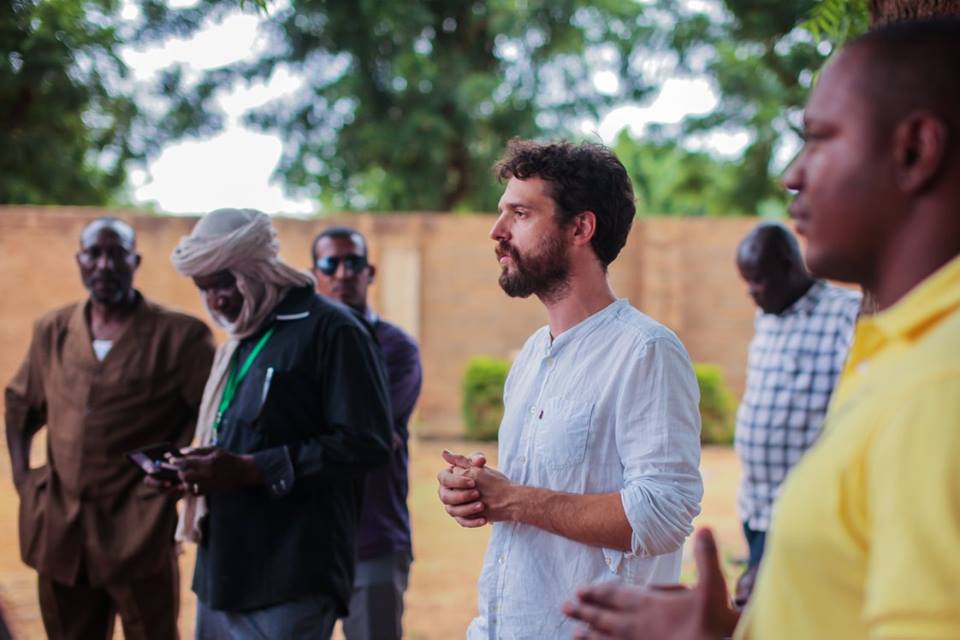
build
The humanitarian organisations are operating in an everchanging environment: increasingly complex crises, access issues ranging from local acceptance to security concerns, accountability requirements, the impact of new technologies and data, issues surrounding adhering to humanitarian principles as well as managing high-risk behaviour and reducing their carbon footprint.
Both national and international humanitarian organisations, and civil society organisations to an even greater extent, must inevitably develop their structural capacity and optimise their operational capacities. How could they begin the process when, plunged into the middle of crises, all their time is taken up by the work they do on a daily basis to support vulnerable populations?
We specialise in developing customised capacity building solutions that are tailored to the specific needs of each organisation. This approach considers the operational environment and practices, utilises the organisation’s own tools and procedures, and aligns with its development priorities.
We empower national and international humanitarian organisations, their teams and their partners by designing, with them, tailored learning programmes. BUILD
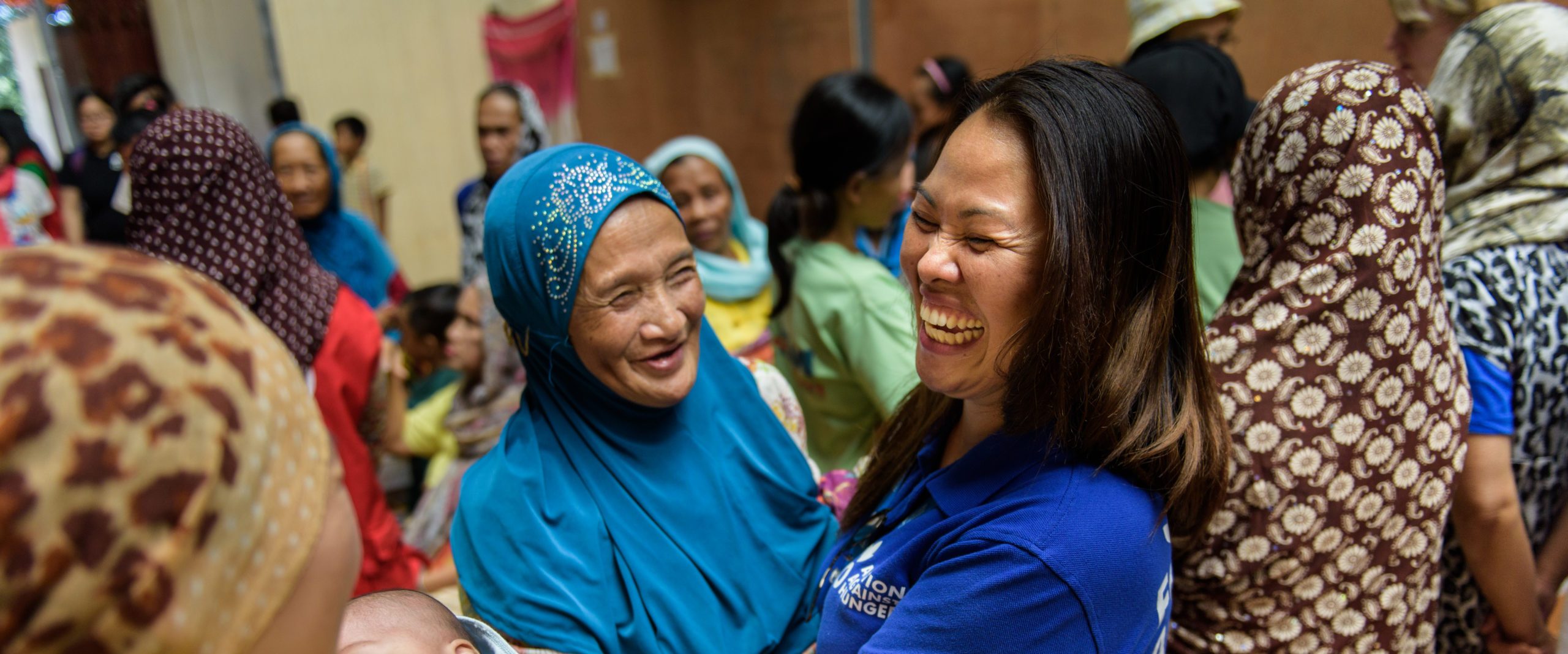
share
The humanitarian sector is still under construction, just as full of questions about its frame of intervention and its environmental impact as full of coordination and organisation initiatives (clusters, standards, codes of conduct, etc.).
We firmly believe that this drive for professionalism will further improve the quality and accessibility of humanitarian aid. Through our reputed expertise in course design, we can help build a professional humanitarian community which speaks the same language, uses the same frames of reference and the same skills development and capacity building tools.
We empower this community by providing our innovations and by sharing our firm belief that capacity building is a vital part of professionalisation. SHARE
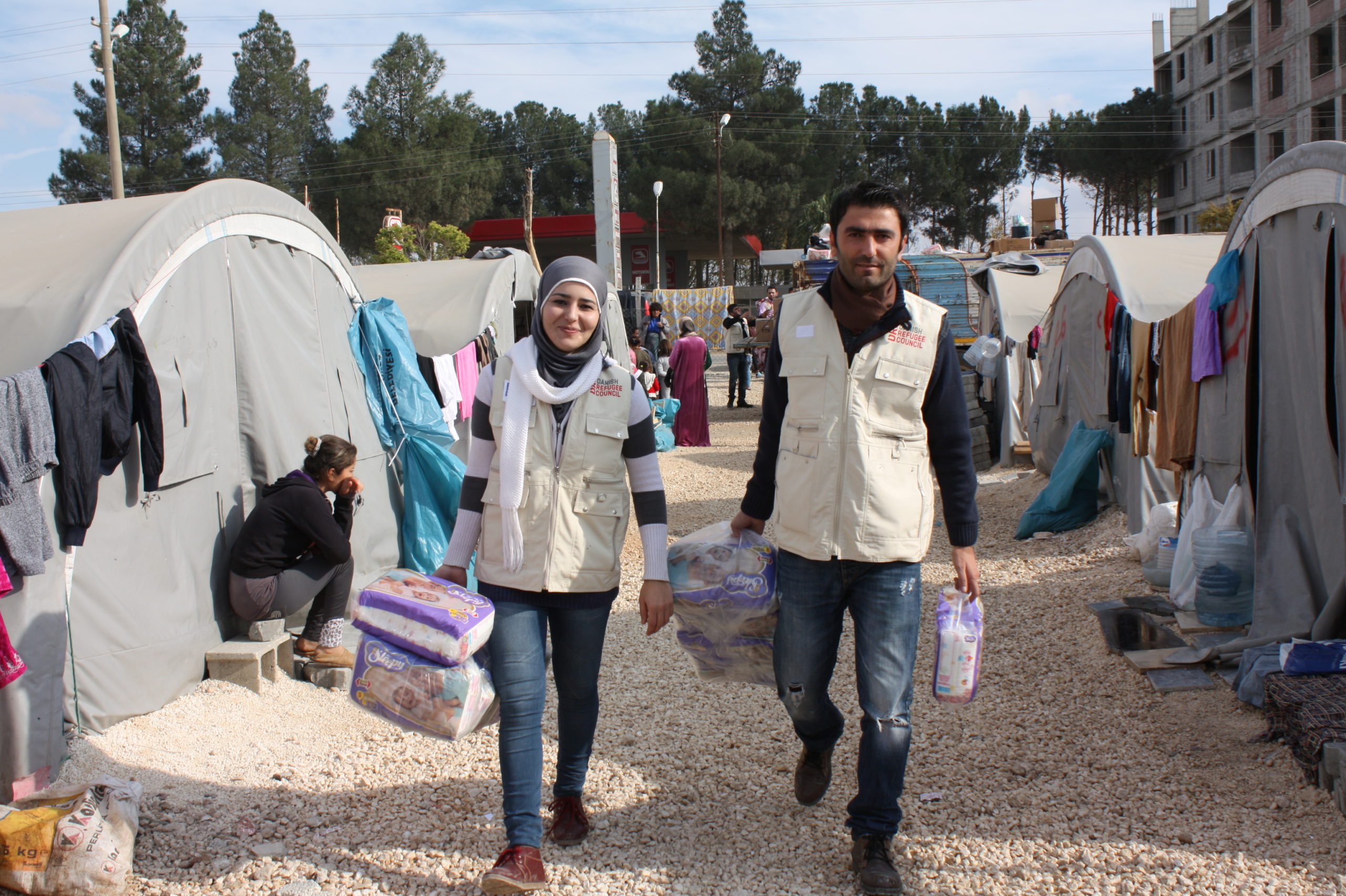
People, organisations and the sector
are all closely interconnected. Focussing our attention on individuals without taking into account their environment, i.e. the organisation employing them or the sector which shapes their work in support of others, would significantly limit the impact and the scope of our work. Just as it would if we were to build organisations’ and the sector’s capacity with no concern for the skills of the people working there, who spend every day facing crisis situations. We therefore need to work on all three dimensions at the same time if we want to improve humanitarian interventions in support of vulnerable populations.

